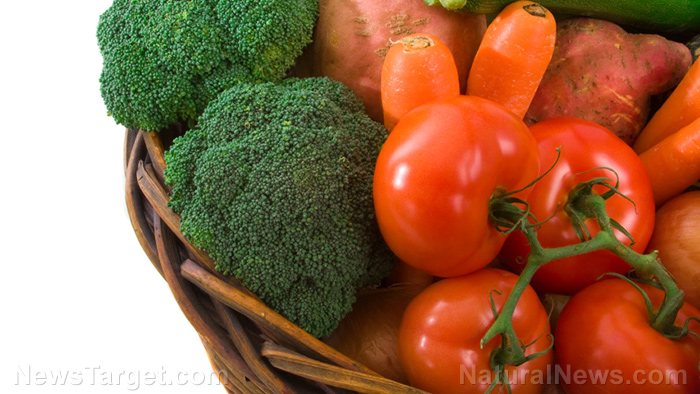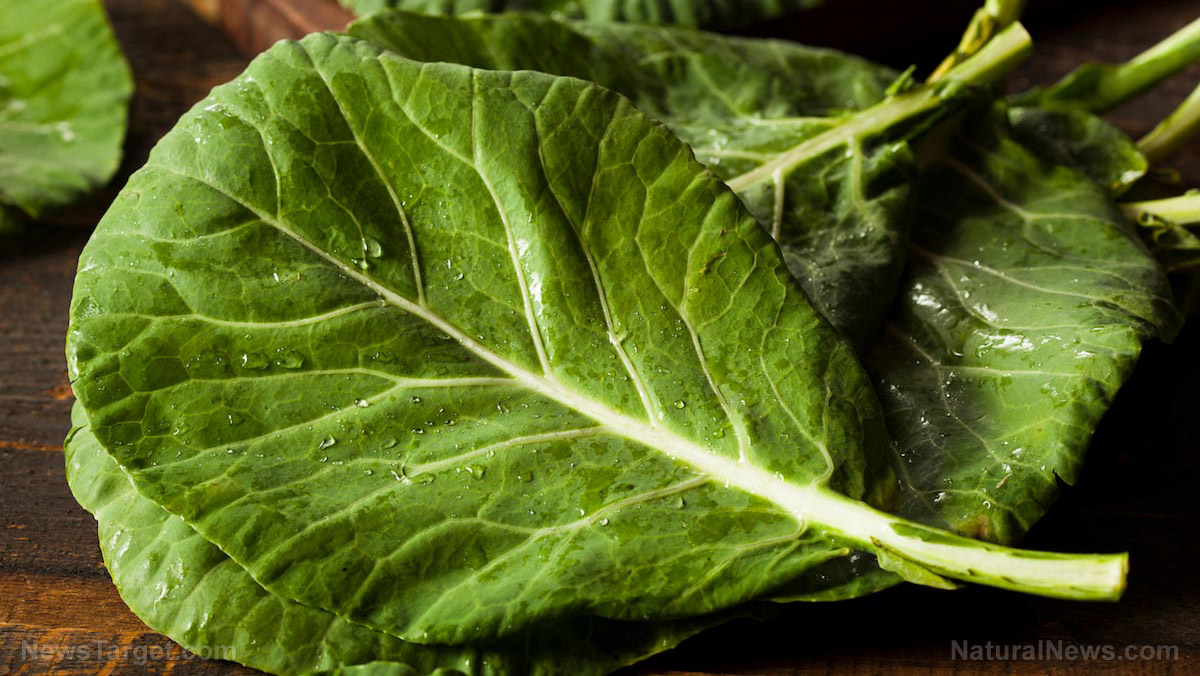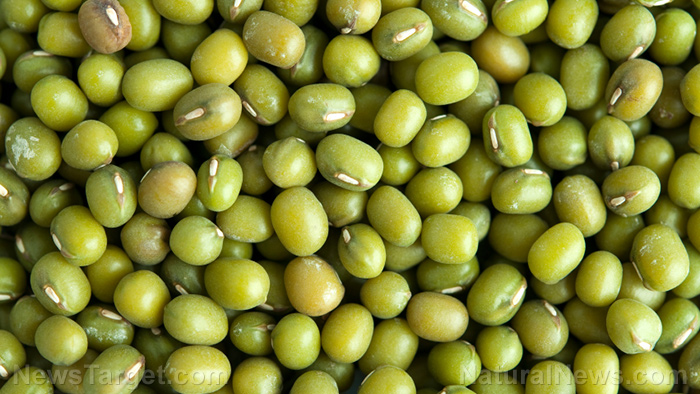Eat more tomatoes and broccoli to fight obesity
09/17/2018 / By Michelle Simmons

As obesity is becoming a global threat to human health, researchers continue to search for food items and dietary compounds that may prevent or treat it and its complications. In a study published in the journal BMC Complementary and Alternative Medicine, it was revealed that tomato and broccoli help fight obesity by reducing resistin levels and restoring insulin sensitivity.
Researchers at Helwan University and Modern Sciences and Arts University in Egypt looked at the effects of tomato and broccoli extracts in regulating blood glucose level and the potential role of resistin in the maintenance of glucose. Earlier studies have found that increased levels of resistin, an adipocyte hormone that regulates glucose metabolism, may cause obesity leading to insulin resistance and Type 2 diabetes. They also evaluated the nutritional values of tomato and broccoli and if they can be considered as functional foods.
For their experiment, they fed mice with a high-fat diet for two months to induce obesity. A high-fat diet and a sedentary lifestyle are commonly associated with the development of obesity and Type 2 diabetes. Then, they treated the animals every day for a month with 200 milligrams per kilogram (mg/kg) of tomato extract, 400 mg/kg of tomato extract, 200 mg/kg of broccoli extract, 400 mg/kg of broccoli extract, or 400 micrograms (mcg) per kg of Chromax (a commercial chromium supplement).
After a month of treatment, the researchers observed that the tomato extract and broccoli extract treatments significantly reduced glucose levels in obese mice, although tomato was more effective than broccoli in reducing blood sugar levels. Moreover, these treatments also improved the lipid profile, the adipose index, and adiponectin and leptin levels in obese mice. These effects can be attributed to the improvement of insulin resistance. Furthermore, the researchers recommend both tomato and broccoli as a functional food with nutritional and therapeutic values.
Based on the findings of the study, the researchers suggested that tomato and broccoli extracts can help fight obesity by decreasing resistin levels and restoring insulin sensitivity.
More ways to prevent obesity
Losing weight does not mean you have to starve yourself or go on fad diets. It’s about eating the right kinds of food. Here are some tips you can try to keep a healthy weight and avoid obesity:
- Do not skip breakfast — Research shows that eating breakfast helps you eat less total calories for the day. Moreover, studies suggest that people who eat breakfast weigh less than those who skip it. People who eat cereal for breakfast also have lower body mass indexes (BMIs) than those who skip breakfast or eat meat and eggs.
- Eat foods rich in fiber — Foods rich in fiber like brown rice and chickpeas make you feel fuller for longer. They are also low in calories and fat and are digested slowly, which means that they prevent rapid spikes and declines in blood sugar levels. Whole grains are also good sources of magnesium and vitamin B6, which are nutrients that many weight loss diets lack.
- Eat raw, leafy green vegetables — Eating green and raw vegetables like carrots, zucchini, and broccoli will give you slow-digesting fiber and water that will make you feel full without providing too many calories. In addition, these vegetables will give you nutrients and vitamins that are vital for overall health.
- Eat healthy nuts — Nuts contain healthy fats that help people feel full. They also contain protein which may burn up calories in order to get digested properly.
It is important to find ways to fight obesity as it has become an epidemic. Obesity around the world has almost tripled since 1975, according to the World Health Organization (WHO). In 2016, over 1.9 billion adults were overweight, and over 650 million of these were obese. (Related: Obesity epidemic threatens to bankrupt U.S. economy and threaten financial stability of the world.)
Read more news stories and studies on functional foods like tomato and broccoli by going to Superfoods.news.
Sources include:
Tagged Under: alternative medicine, blood sugar, broccoli, diabetes, functional food, insulin resistance, natural medicine, natural remedies, obesity, prevention, resistin, tomato




















